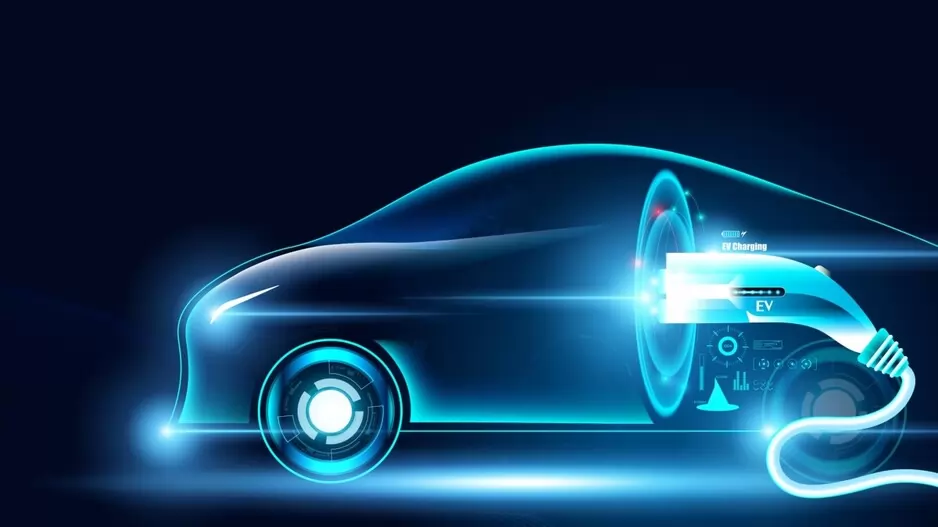By Frank Kamuntu
In a seismic shift that promises to redefine the global automotive landscape, electric vehicles (EVs) are on track to capture more than two-thirds of total car sales by 2030, according to a ground-breaking analysis by the Rocky Mountain Institute (RMI).

After hitting their peak in 2017, the sales of internal combustion vehicles (ICVs) have been on a downslide worldwide. India is among the leaders in this trend that researchers believe will reach a tipping point by 2030 when more of these cars will be scrapped than sold.
Widely acknowledged as an emerging force in the EV revolution, India is accelerating its deployment at a rate that could soon rival global leaders like China. A recent Systems Change Lab analysis reveals that India’s EV sales tripled within a single year, from 0.4% to an impressive 1.5%, a feat that took the rest of the world three years to achieve. If it continues to motor along at this remarkable rate, then the price of an EV in the country would be no more than that of a comparable ICV as early as 2017.
Mei Aileen Lam of the Economics of Energy Innovation and System Transition (EEIST) project at the University of Exeter attributes this dramatic shift to the concerted policy action to phase out fossil-fuelled vehicles by 2035 across key markets. She argues that a surge on this scale could accelerate EV purchase-price parity, enabling a faster and more equitable transition.
Even more than policy, economics are spurring this exponential growth. Battery prices (the single most significant cost factor) have been on the decline for years and are expected to halve this decade, plummeting from $151 per kilowatt hour (kWh) to a range of $60 to $90 per kWh. By 2030, these falling costs will level the playing field, making EVs as affordable as traditional vehicles in every market worldwide.
By 2030, electric vehicles are predicted to capture a significant 62% to 86% of new vehicle sales, leading to the possible end of the era of combustion cars. The RMI study indicates that the overall fleet of combustion cars will peak in the middle of this decade and be in freefall by 2030. This paradigm shift is set to slash global oil demand, as internal combustion cars currently account for a quarter of that demand.
China, a trailblazer in the EV race, is expected to dominate with a 90% share of EV sales by 2030, fuelled by robust policy support. Last year, China sold more EVs than the rest of the world combined. China dominates the production of EVs, batteries, and other components, further driving down battery costs and making EV adoption easier worldwide.

